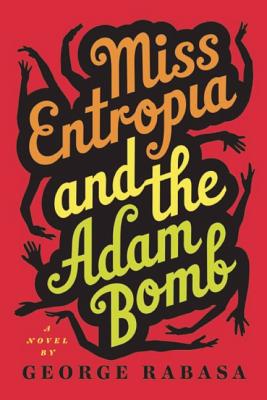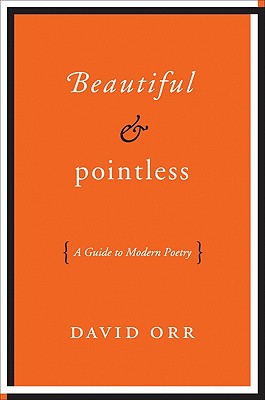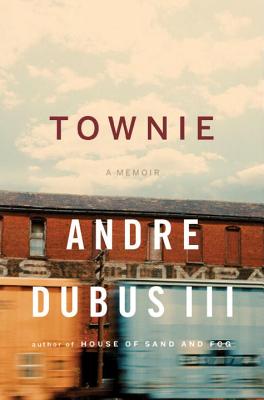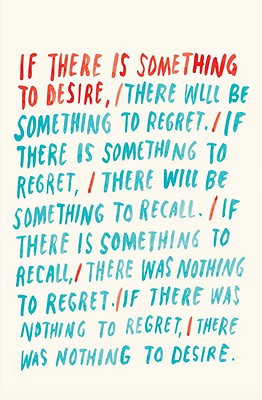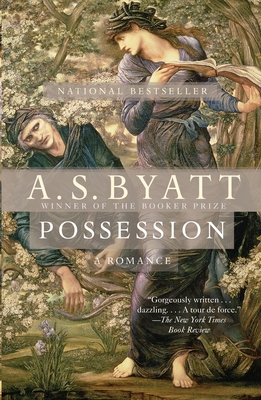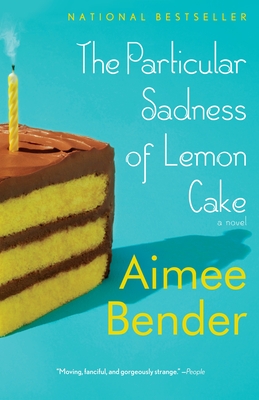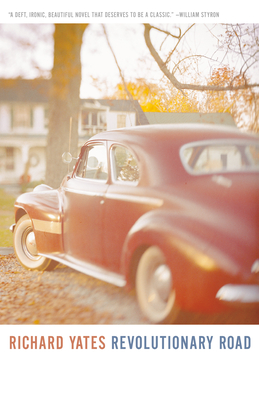The e-reading forces converged on me this week, and I am pleased with the results.


Setting the stage was the rise and fall of Amazon and Borders (respectively) and the looming issues about big/small business, print/virtual books, and the change in how the publishing industry is working in general. I've been a customer of Amazon's since the dark ages (well, 1997) and have been a fan of the discounted prices and prime shipping, but the more they've grown, the more I've grown disenchanted (and the more my children grow, the more brain cells I have to be able to put towards conscious shopping decisions, which--as it turns out--is a good thing).
Second, I finally signed up for NetGalley--something I'd resisted because I have enough books on my TBR as it is, but decided to do in order to increase my chances for getting ARCs I'd actually enjoy (a problem I seem to somewhat plagued with)--and realized that I might run into some problems with Kindle compatibility. Reading on my computer screen really isn't an option for me. My eyeballs get tired enough as it is.

Third, Unbridled Books, one of my favorite small presses, teamed up with independent booksellers this last weekend and offered 25 e-books for 25 cents each. I couldn't resist, unsurprisingly, but was so excited that I didn't do my research before buying the e-books, and discovered that Google E-books, (when in encrypted, non-PDF form,) are not compatible with the Kindle. Grr. It really isn't about the $6.25 I spent on 25 books I wouldn't be able to read...it's irritation that a company as huge as Amazon would seemingly have their customers a bit lower on the priority list than the all-important dollar.
And THEN: Barnes & Noble released their
Simple Touch Reader--an e-ink, touch-screen, e-reader that has not only addressed all the issues that made Kindle a better product than the previous Nook, but has done so at a very reasonable price. I've had my Kindle2 for 2 years, and got to experience a friend's 1st Edition Nook in March, and I have to say that Kindle was far better for usability and battery life. In the Simple Touch Reader, however, the battery life has been improved, the touch-pad response time is much quicker, and the unit is much more compact (while retaining the same screen size).
The straw that broke the camel's back was
Belle. She mentioned on
my post about the Unbridled Book Sale that she was thinking about buying a Nook, even though she already owned a Kindle, and the rest--as they say--is history. I simply couldn't think of a reason why I
shouldn't. My household is very technology minded, and my husband has been known to upgrade computers and game systems fairly regularly, so why can't the e-readers get in on the action as well?
It wasn't the easiest thing in the world to figure out how to get my Google e-books onto my new Nook, but before long, it was loaded, and I was up-and-reading. I'm supposed to be reading
Beloved (for my book club which is hopefully
not tomorrow night) but couldn't
not read something on my new toy, so I started reading
Small Acts of Sex and Electricity by Lise Haines (not brilliant so far, but entertaining nonetheless).
I'm itching to get off the computer and do some more reading, but before I bail I thought I'd make a quick list of the features that have finally caught the Nook up to Kindle in my estimation:

- the battery life: it looks like it is now actually comparable to the Kindle
- weight: the Nook is no longer the heavier option
- full touchscreen/e-ink combo: best of both worlds (& the e-ink is crisper than the Kindle2)
- page turning is not only quicker, but done with less effort--a simple touch or swipe on the screen
- highlighting, adding notes, and using the dictionary are now much quicker and simpler
- more text options: fonts, sizes, margins, line spacing--personalize it!
After one day of reading, I'm fully aware that I may still be in the honeymoon phase, but so far I am very impressed with the new Nook. I love the smaller size and the simpler, quicker navigation. Not to mention that I now have options for obtaining books. I still adore seeing books on my shelf (and nightstand, and end tables, and anywhere else I can stack them up) up the Simple Touch Reader is a great way to read. It made for a pretty fun weekend, too. :)
 Any shy or introverted people out there? The two things are very different--I used to be painfully shy (it still pops up now and again) but mostly I'm just introverted. I need some quiet solitude to recharge my batteries and let all of my observations settle down into organized thoughts (as opposed to my husband and youngest daughter who claim that there is only one circumstance in which they prefer to be alone--I'll leave you to puzzle out when that might be). My life--with a husband that loves to be social and four children that are...well, children--provides continual opportunities to stretch myself and grow, but there are some innate characteristics that one simply doesn't grow out of.
Any shy or introverted people out there? The two things are very different--I used to be painfully shy (it still pops up now and again) but mostly I'm just introverted. I need some quiet solitude to recharge my batteries and let all of my observations settle down into organized thoughts (as opposed to my husband and youngest daughter who claim that there is only one circumstance in which they prefer to be alone--I'll leave you to puzzle out when that might be). My life--with a husband that loves to be social and four children that are...well, children--provides continual opportunities to stretch myself and grow, but there are some innate characteristics that one simply doesn't grow out of.